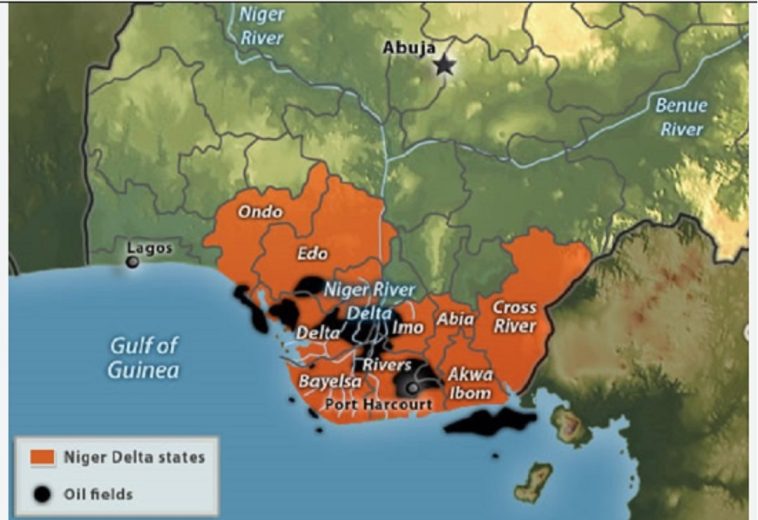Africa is a land of immense natural wealth, boasting over 30% of the world’s mineral reserves, 8% of its natural gas, and 12% of its oil reserves. It is home to vast quantities of gold, diamonds, cobalt, and rare earth minerals crucial for the modern digital economy. Yet, paradoxically, many African nations struggle with poverty, underdevelopment, and economic instability. The challenge lies not in the availability of resources but in their management, monetisation, and the equitable distribution of their benefits.
According to the World Bank, Sub-Saharan Africa’s economy grew by 3% in 2024, largely driven by private investment and resource exports. However, the continent still faces severe income inequality, with over 460 million people living in extreme poverty despite abundant resources. In its 2025 global prospects report, the World Bank has forecast an average growth rate of 4.2% for Sub-Saharan Africa in 2025-26, driven by industrial commodity-exporting nations and the region’s largest economies.
READ ALSO: Harnessing Africa’s Natural Resources: Sustainable Strategies for Economic Prosperity
The International Monetary Fund (IMF) estimates that illicit financial flows and underpricing of Africa’s resources result in an annual loss of over $88.6 billion, equivalent to 3.7% of the continent’s GDP. Meanwhile, the World Economic Forum (WEF) notes that Africa’s resource sector could add $30 billion annually if more investments were directed towards value addition rather than mere extraction.
According to Dr Albert G. Zeufack, “A regional approach to the extractives sector would allow the creation of value chains that add more value and create more jobs for people living in resource-rich countries than extraction alone.”
Africa’s resource wealth has often been labelled a “resource curse” due to mismanagement, corruption, and over-reliance on raw exports. However, if harnessed strategically, these resources can be the continent’s greatest asset for achieving sustainable economic growth. The shift must move from raw exports to processing and value addition, allowing African nations to gain a larger share of the global supply chain.
Historically, Africa has exported raw materials only to import finished goods at significantly higher prices, keeping many economies dependent and vulnerable. A United Nations (UN) report suggests that local beneficiation—processing raw materials within Africa before export—could create millions of jobs and boost GDP by over 5% annually.
The Democratic Republic of Congo, for instance, produces over 70% of the world’s cobalt, a key mineral for electric vehicle batteries. Yet, most of it is exported raw to China. Developing local refineries could add billions to the economy. Similarly, Ghana, Africa’s largest gold producer, exports much of its gold as raw bullion. Processing it into jewellery and electronic components could significantly boost earnings. Nigeria, the continent’s largest oil producer, still imports refined petroleum due to insufficient refinery capacity, but the newly commissioned Dangote Refinery, capable of processing 650,000 barrels per day, marks a major step towards change.
To fully monetise its natural resources, Africa must improve infrastructure, governance, and investment frameworks. Countries like Botswana have successfully leveraged their diamond wealth through state-controlled partnerships with private firms, ensuring more revenue stays within the country. Similarly, Rwanda has developed policies that promote domestic processing of minerals, boosting both employment and revenue. Strengthening local manufacturing, curbing corruption, incentivising foreign direct investment (FDI), and leveraging digital tools for efficiency in mining, oil drilling, and agricultural resource management are crucial steps towards economic independence.
The dream of an economically independent Africa is not far-fetched. If managed effectively, Africa’s resources could finance infrastructure, education, and healthcare, driving long-term prosperity. By shifting from raw exports to value addition, investing in local industries, and enforcing transparent governance, the continent can transform its wealth into sustainable growth.
The real question is: Will Africa continue to be the world’s resource warehouse, or will it step into its rightful place as a powerhouse of economic transformation? The answer lies in decisive leadership, strategic investments, and the will to build a self-sustaining economic ecosystem that benefits all Africans.




